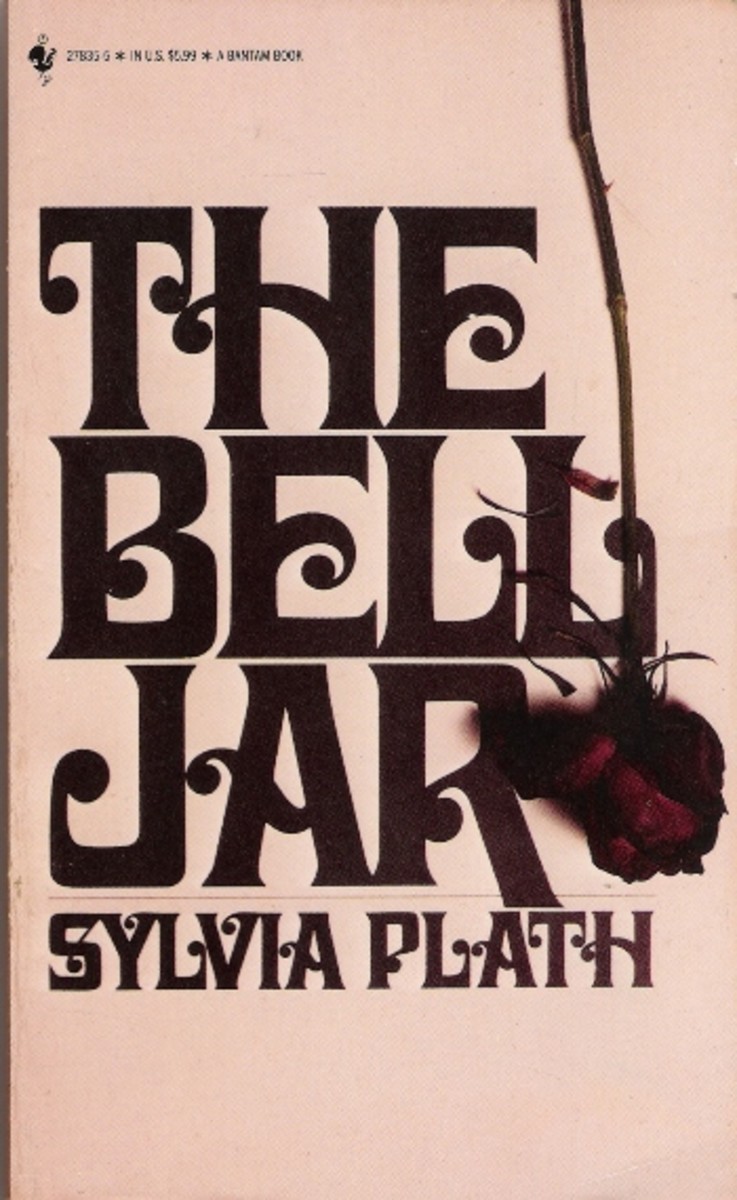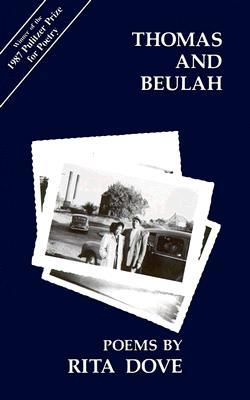on influence
In addition to my NAPOWRIMO posting this month, I'm also posting daily about poetic influences over on Twitter--the books that sort of made me the poet I am. As I've been thinking chronologically about where the poems came from and the foundation on which they are built, I can't help but think about that terrible first poem I ever wrote--a class assignment in freshman English. I only remember that it rhymed, and involved flamingos, and that is was followed in the weeks and summer after by more animal poems. Then some more poems about unrequited love (since I suppose when you're awkward and 15 most love will be unrequited.)
 I had just started keeping a diary that spring I'd gotten for my birthday, the one with the blue sky and clouds on the cover and a tiny, flimsy lock that I don't exactly remember having a key, but a turn mechanism that unlatched the clasp. It's somewhere in my parents' house, and I've come across it a few times as an adult but have never managed to bring it back to the city with me. Later, I left the confines of the journal and there are loose poems, some on notebook paper, some on the colored stationery I wrote to pen-pals on, that I somehow kept and filed with all the other bad poems I wrote in college and after. There's one about bird bones on the beach and very deep thoughts (as one has at 15 or 16) on
I had just started keeping a diary that spring I'd gotten for my birthday, the one with the blue sky and clouds on the cover and a tiny, flimsy lock that I don't exactly remember having a key, but a turn mechanism that unlatched the clasp. It's somewhere in my parents' house, and I've come across it a few times as an adult but have never managed to bring it back to the city with me. Later, I left the confines of the journal and there are loose poems, some on notebook paper, some on the colored stationery I wrote to pen-pals on, that I somehow kept and filed with all the other bad poems I wrote in college and after. There's one about bird bones on the beach and very deep thoughts (as one has at 15 or 16) onmortality.
My sole knowledge of poetry was school-bound in those days, and my first taste of something I actually liked was junior year reading Poe's "Annabel Lee" just maudlin enough to appeal to my horror-novel seeped brain. I remember memorizing it, just like we memorized Romeo and Juliet lines, Julius Caesar lines, in the years before. I only knew that Poe was dark, and possibly crazy, and somehow this appealed to me. This was the same year we made collages about witch trials reading The Crucible and little book art projects about The Scarlet Letter. When I penned my junior term paper on Gone With the Wind. By far one of my most enjoyable classes of high school and perhaps what made me an English major. That was also the spring that I was looking for the school's copy of GWTW and stumbled on Plath's Bell Jar and read it, knowing only that the Bangles had a song with the same title. My 17-year-old self was nonplussed and tossed it half-finished aside probably in favor of Stephen King. Two years later, I would come across it again and it would launch an ongoing Plath obsession, beginning with journals and letters and ultimately landing in the poems. )
I remember a friend of mine, senior year, had sent a poem to the National Library of Poetry, and it was on my radar, though I don't remember if I'd sent anything to them, and wouldn't have had the money to buy the anthology, but I would send to similar vanity scams the first couple years of college, less expensive ones, but scams nonetheless (the danger of having no idea about poetry and publication and how the literary world works.)
 It was in that first year back that I became a bit more acquainted with both Emily Dickinson and Plath. My 1st year English prof was an ajunct and a huge fan of both, and would indulge me, three years later when I wanted to write about Plath instead of other things in Advanced Expository Writing course I was interested in the Beats, but only so far as they were interesting from a historical hipster standpoint, less so for the actual work.(I also kind of feel this way about Romantic Poets) .I spent the next couple years immersed in prose and drama, courses on novels and plays and fiction workshops. Our workshop leader would tell me that my sentences were too long, too Faulknerian, and that I should be a poet. I adored Shakespeare, and I would read a bit of Yeats and Eliot but nothing jumped out at verse-wise. I also devoted more of my time to working backstage for the theatre department than to creating anything of my own.
It was in that first year back that I became a bit more acquainted with both Emily Dickinson and Plath. My 1st year English prof was an ajunct and a huge fan of both, and would indulge me, three years later when I wanted to write about Plath instead of other things in Advanced Expository Writing course I was interested in the Beats, but only so far as they were interesting from a historical hipster standpoint, less so for the actual work.(I also kind of feel this way about Romantic Poets) .I spent the next couple years immersed in prose and drama, courses on novels and plays and fiction workshops. Our workshop leader would tell me that my sentences were too long, too Faulknerian, and that I should be a poet. I adored Shakespeare, and I would read a bit of Yeats and Eliot but nothing jumped out at verse-wise. I also devoted more of my time to working backstage for the theatre department than to creating anything of my own. In the spring of 96, I enrolled in my first poetry workshop and somehow, the faucet that occasionally dripped came back on. Then I was writing very Dickinson-like short poems that (eek!) rhymed. I was bad, but I suppose we all were. But my rhyming made me especially bad. Or maybe just good at writing these perfect little rhyming machines, but not much in the way of poetry. I don't remember what I was reading then poet-wise, outside of Milton for my senior seminar, but that was when I first became aware of Poets & Writers. By the summer, I was no longer rhyming, but still very bad, but good enough to garner undergrad poetry prizes, a couple of them, before graduation, one that even involved money. I would once again haul my terrible electric typewriter out to the dining room table on long summer afternoons and work until my parent's came home from and I needed to clear it for dinner. I think maybe there were the first glimmers of something there. I was 22. I still had absolutely no idea of the span of contemporary poetry. The internet existed, I suppose, but not for someone like me, who was just learning to use WordPerfect desktop publishing software.

I wouldn't start reading contemporary poetry until that first year in Chicago, when I started checking things out from DePaul's library--Louise Gluck, Jorie Graham, Rita Dove (which was also on my MA Comp exam reading list and my first indication that poetry could, like a novel, tell a story) . By then, life and a bad bout of depression was on the verge of swallowing me whole--my teaching plans shakey. My life plans kind of shakey.. By the fall of 1998, the poems had just started to come back when I enrolled in a Modern British Poetry Class, where we read Eliot's The Wasteland. There is perhaps something laughable in that, being a feminist poet, running a feminist press, it was the deadest of the dead white guys that launched me, or maybe more accurately hatched me, poetically. Somehow gave me permission to get to where I wanted to go. My work was still pretty awful, but somehow, there was something to it. A place to get to, even if I didn't have a map. I spent all that fall and into the spring writing poems that I was convinced were brillant, that would be my first book, finished before I turned 25 that April. . Poems that I sent off, naively and hopefully to places like the New Yorker and Poetry.
They of course, declined, but I did get my first legit publication in a tiny, local, feminist journal that would, a few years later, take my first chapbook manuscript. They were persona poems about witch trials and literary characters. Mythology and fairy tales. That first book, Taurus, was terrible, but I did finish it by April. Hopefully, the judges of the contest burned it..LOL..But then I was briefly swallowed again by life--by graduation and first (and second jobs). I wrote some short stories in several spiral notebooks during this period, probably in hope that I could make money from them, but very few poems. Only after I landed back in Chicago again, did I get back to task and writing and submitting poems, this time to all the online journals that were miraculously spring up like wildfire...
It was a new decade. A new millenium. And I had regular, consistent access to the internet, which sort of changed everything...
(for a list of more recent influences by contemporary poets, read this entry from 2006)

Comments